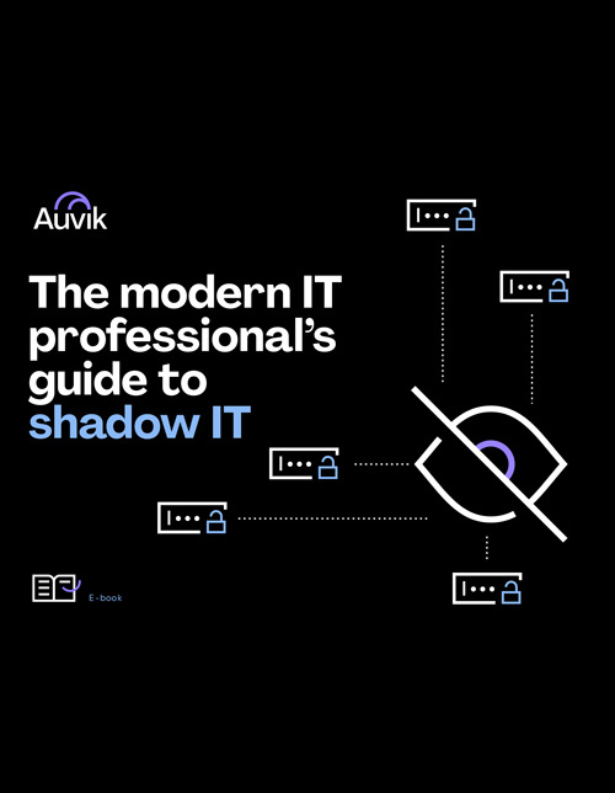[00:33] I am on stage in Santa Barbara, California for Frankly MSP Live. We kicked off yesterday with the Polar Plunge.
[01:11] We also heard a fantastic keynote by Mike Michalowicz and Mike did a book signing. Tiffani Bova, the author of Growth IQ, was also signing books. She’ll be doing a keynote later this afternoon. We had some wonderful breakout sessions with names you will recognize from the podcast, including Luis Alvarez, Josh Weiss, and Alex Hoff
[01:36] I’m now on stage with Greg Sharp, who is the founder and managing director of an MSP called base2. They are out of Auckland, New Zealand. They have about 45 staff and do about US$8 million in annual recurring revenues.
[02:07] One of the strategies Greg has used to grow is acquiring other companies, and that’s what we’ll be talking about today.
Listen here
Growing Your MSP Through Acquisitions: Interview With Greg Sharp

[02:25] Before base2, Greg started and exited two other tech companies.
[06:52] Greg’s first acquisition for base2 was in 200, and it was a software company with a large client base in a vertical they already knew. They were able to cross-sell their managed services into that base and it worked really well. It didn’t hurt that they bought for a really good price.
[08:31] MSPs acquire companies because they’re looking for new clients or tech talent, both of which are hard to find by other means.
[09:32] If finances aren’t your game, get a great finance person. Make sure you have your SOPs in order so you can easily bring in new people to the business and how it operates.
[13:40] Greg works with the owner and shares a letter of intent and the due diligence process. They really concentrate on managing the culture and incentivizing the team. They also use surveys for engagement.
[16:09] There are fears when a company is being acquired. Letting the team know their jobs aren’t on the line is a good idea.
[16:52] They’re in the middle of closing another acquisition, which will bring about 250 clients.
[17:29] The biggest mistake he made on the first deal was not doing enough due diligence. Score the process and be willing to walk away. If you’re going to lose, lose early.
[18:21] Greg has developed a scoring system on a spreadsheet to help analyze potential deals.
[19:09] You need to structure an in and out system around the owner, because you need to restructure the relationships this person has built.
[19:37] Get lawyers involved as late as possible, because they make the process more difficult.
[20:01] Greg’s advice is to find an acquisition that is geographically close, especially when you’re just starting out.
[21:30] They use a business broker to do introductions with potential IT support companies. You need an intermediary like a business broker who gets paid by commission.
[24:18] Greg’s day-to-day role is more of a chairman and a mentor.
[25:07] When owners are relationship holders, you need them for a while as you transition, but then you need them to step down. This can be a sticking point with some deals.
[25:57] The multiple of EBITDA that they base their valuation on is a range from 2 1/2 to 6. They really want the long-term contracts and the work that goes with it.
[28:17] It’s important to have NDAs and non-compete agreements for a period of two years.
Links from this episode
- Frankly MSP Live Polar Plunge (video)
- Frankly MSP Live (recap video)
- MSP Opportunities and Challenges in IoT – FMSP 033
- The Key to This Managed Services Transformation Was in the Asking – FMSP 020
- Managing Hardware Vendor Diversity in an MSP – FMSP 027
- Greg Sharp on LinkedIn
- base2
- base 2 acquisition assessment spreadsheet (Microsoft Excel file)
- ZenContract
Listen here
Like what you hear? Listen and subscribe.


